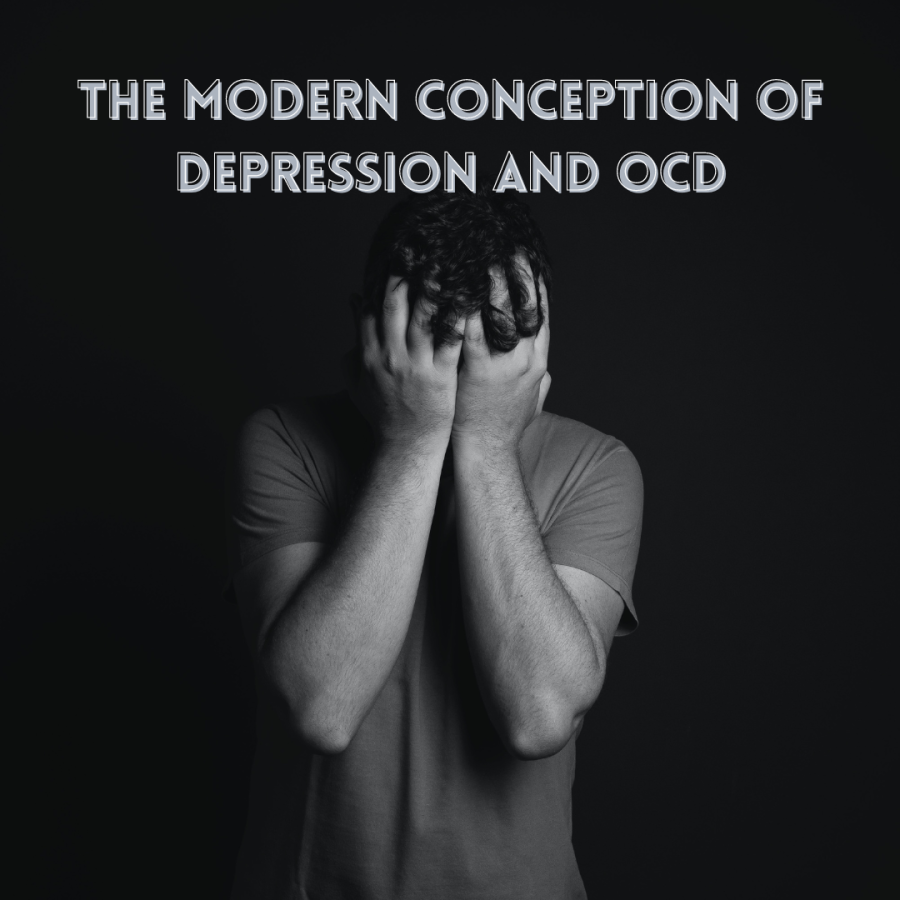The Modern Conception of Disorders: Depression & OCD
January 17, 2023
Whether we admit it or not, we all like to feel important. It is a common fragility of human nature to develop a desire to be ‘deep’ and ‘interesting.’ What differentiates our generations from others is open access to the internet and social media. Mixing this inclination toward personal depth with extensive and often false representations of mental health disorders has proven detrimental to today’s youth. People find vague definitions of certain conditions through google or TikTok, and upon finding any commonality between their personality and the symptoms, they proceed to groundlessly diagnose themselves. The naivety of society has paved the way for casual and inaccurate interpretations of mental health disorders.
Below, we have recognized and outlined some misconceptions behind two common mental health disorders: Depression and OCD.
sadness VS depression.
Contrary to common grief, clinical depression is a severe medical condition that never emerges from stress or trauma as normality. It significantly impairs our capacity to function in relationships, the home, and the workplace.
According to the Household Pulse Survey conducted by the National Center for Health Statistics in collaboration with the Centers for Disease Control and Prevention, rates of anxiety symptoms in adults increased from 8% to 29% between 2019 and 2022, and rates of depressive symptoms increased from 7% to 23%.
Feelings of distress and sadness are expected from people, especially those that have struggled with recent experiences, such as the pandemic. It would be astonishing if someone did not feel anxious or sad after enduring stressful and harshly-impacting conditions.
In addition to a despairing or flat mood, depression frequently results in suicidal thoughts, feelings, and impulses, insomnia, loss of appetite, social disengagement, low energy, and hopelessness. While depressed individuals feel horrible about themselves and lose confidence, sad people are upset about a specific occurrence.
Understanding the distinction between a depression diagnosis and the feeling of sorrow might assist a person in healthily managing both.
Preferences VS obsessive compulsions.
According to the International OCD Foundation, most people, to some degree, exhibit certain characteristics often associated with Obsessive Compulsive Disorder. At one point or another, everyone experiences an intrusive thought or obsessive behavior. Because of this, it is easy for a person to mistake expressing an OCD-related symptom for having the disorder itself.
The difference is that for those with the disorder, these compulsive actions and thoughts become debilitating. The diagnostic criteria behind OCD states that obsessions/compulsions are present on most days spanning a 2 week period, and cause time-consuming distress that significantly interferes with a person’s everyday routine (typically more than 1 hour a day).
Those with OCD have a heightened awareness of their external and internal conditions that causes them to feel an involuntarily overpowering drive to find comfor
t and relieve distress or anxiety, oftentimes through seemingly obscure and unnecessary actions.
The assumption that one has OCD based on a simple behavior is a result of the casual and oftentimes joking manner in which OCD is presented. How many times have you heard a friend joke that they are ‘so OCD’ just because they do something rudimentary, such as keep their room clean? In order to properly define and identify Obsessive Compulsive Disorder, you must acknowledge that OCD is a disorder defined less by the behaviors one exhibits and more so by the feeling of intense pressure, or obsessive compulsion, to engage in said behaviors.
False self-diagnosis is not only a dangerous habit, but insulting towards those who have experienced the true effects of certain disorders. Social media and other platforms have a strong impact on society, and this, along with the self-victimization in rising generations, allows people to mistake basic symptoms of a disorder for the disorder itself. If you notice symptoms for a disorder, please consider going to a specialist for help; don’t immediately jump to conclusions and declare yourself ‘diagnosed.’








